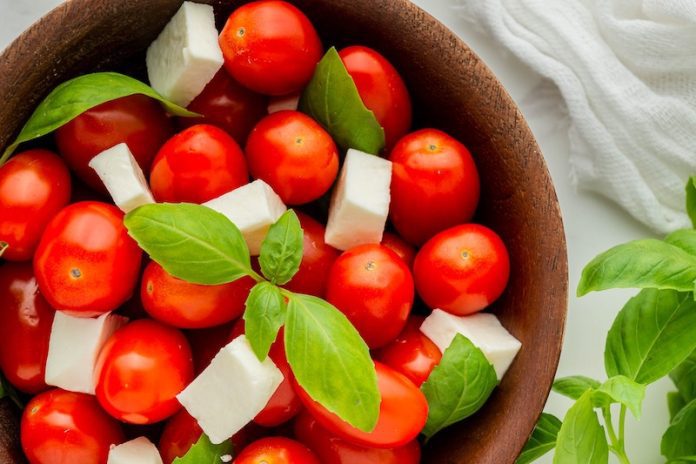
Cancer is a serious disease that affects many people around the world.
While medical treatments play a crucial role in cancer management, research suggests that certain foods and nutrition choices may help support our body’s natural defense against cancer cells.
Let’s explore the potential of cancer-fighting foods and their impact on our health.
Understanding Cancer and Its Causes
Cancer occurs when cells in our body grow and multiply uncontrollably, forming tumors. Factors like genetics, exposure to harmful substances, and lifestyle choices can contribute to the development of cancer.
While no single food or diet can guarantee the prevention or cure of cancer, a balanced and nutritious diet may play a supportive role.
Cancer-Fighting Foods: A Nutritional Approach to Wellness
Fruits and Vegetables
Consuming a variety of colorful fruits and vegetables is essential for a healthy diet. Many of these foods are rich in antioxidants, which can help protect our cells from damage. Examples of antioxidant-rich fruits and vegetables include berries, citrus fruits, broccoli, kale, and carrots.
Whole Grains
Choosing whole grains like whole wheat bread, brown rice, and oats over refined grains can provide our bodies with essential nutrients and fiber.
Fiber is important for digestive health and may help reduce the risk of certain types of cancer, such as colorectal cancer.
Cruciferous Vegetables
Vegetables like broccoli, cauliflower, cabbage, and Brussels sprouts belong to the cruciferous family.
They contain compounds that have been shown to have potential cancer-fighting properties. Including these vegetables in our meals can be beneficial for our overall health.
Lean Protein
Choosing lean protein sources, such as poultry, fish, beans, and lentils, can provide our bodies with essential amino acids while minimizing the intake of unhealthy fats.
Protein is important for cell growth and repair, which is crucial for overall well-being.
Healthy Fats
While it’s important to limit unhealthy fats, incorporating healthy fats into our diet can be beneficial.
Foods like avocados, nuts, and olive oil contain monounsaturated fats, which may have protective effects against certain types of cancer. It’s important to consume fats in moderation and opt for healthier options.
Research Evidence
Numerous studies have investigated the relationship between diet and cancer prevention.
For instance, a study published in the Journal of the National Cancer Institute found that a diet rich in fruits and vegetables was associated with a lower risk of developing various types of cancer.
Another study in the journal Cancer Epidemiology, Biomarkers & Prevention showed that whole grain consumption was associated with a reduced risk of colorectal cancer.
While a healthy diet cannot guarantee protection against cancer, making mindful food choices can support our overall well-being.
Consuming a variety of cancer-fighting foods, such as fruits, vegetables, whole grains, lean protein, and healthy fats, provides our bodies with essential nutrients and antioxidants.
These components may help our cells stay healthy and support our body’s natural defenses. Remember, maintaining a balanced and nutritious diet is just one piece of the puzzle.
Regular exercise, avoiding harmful substances, and seeking medical advice are also important for overall cancer prevention and management.
If you care about cancer, please read studies that a low-carb diet could increase overall cancer risk, and can vitamin D help prevent or treat cancer?
For more information about health, please see recent studies about how drinking milk affects the risks of heart disease and cancer and results showing vitamin D supplements could strongly reduce cancer death.
Copyright © 2023 Scientific Diet. All rights reserved.








